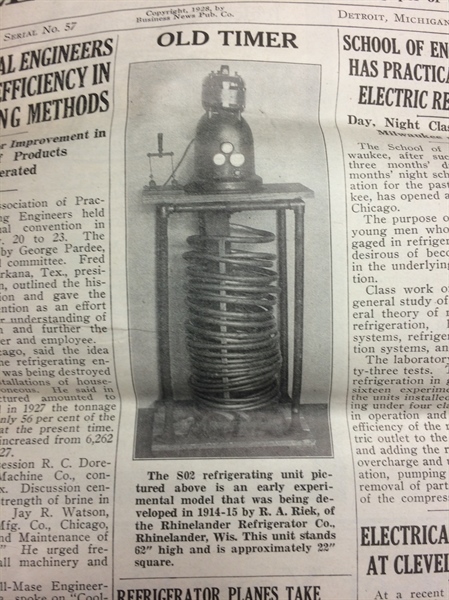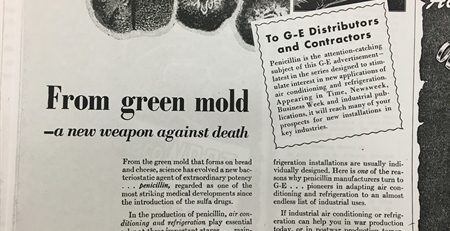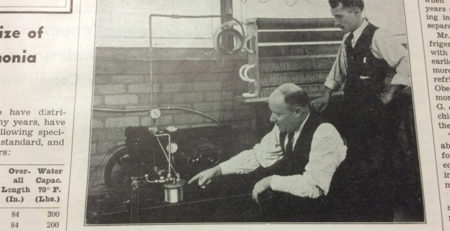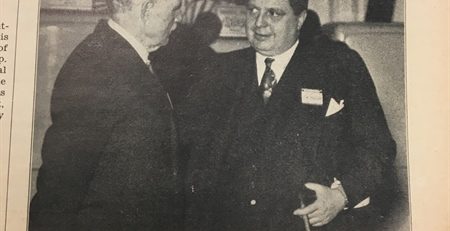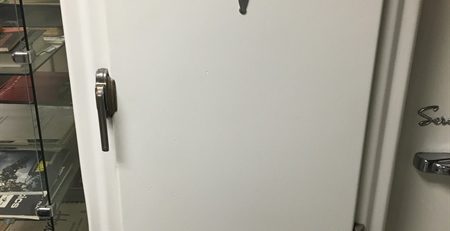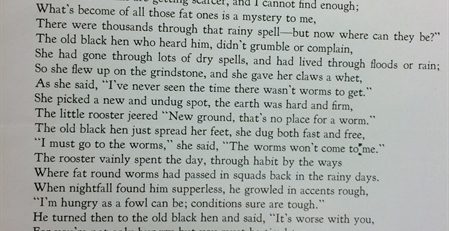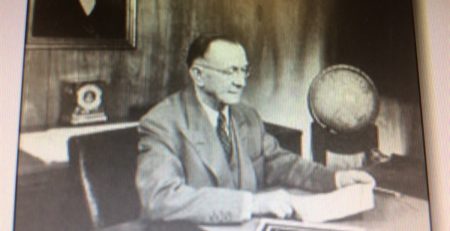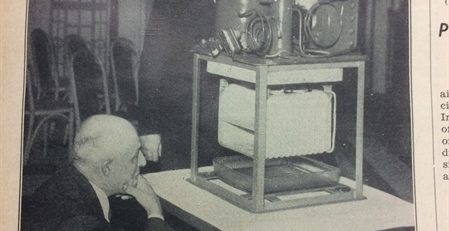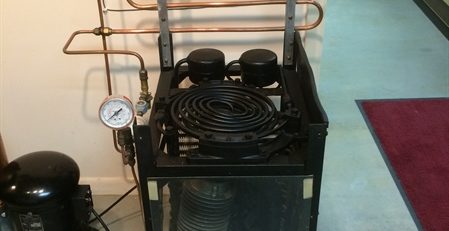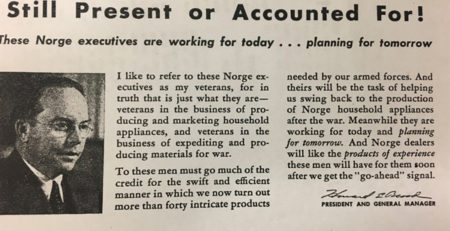The Ideal Refrigerant
In 1928, John B. Rathbun was the chief Engineer of Utilities Engineering Institute, 3120 N. Clark St., Chicago, Illinois. As an aid to technicians servicing refrigeration equipment in the budding refrigeration industry, the Institute developed a home study training course. As part of that course, Rathbun listed 15 necessary qualities of the ideal refrigerant which would still apply to refrigerants now and in the future.
- A low condensing pressure is desirable so that air cooled condensers can be employed without excessively high pressures and so that simple compressors can be employed. High condensing pressures increase the tendency toward leakage and prohibit the use of certain types of compressors that might otherwise be employed.
- The pressure of evaporation should be as near atmospheric pressure as possible avoiding the use of high vacuum that will eventually cause trouble through the leakage of air into the refrigerating system. Further, it is difficult to keep a compressor in such condition that it will maintain a high vacuum indefinitely.
- A gas having a condensing pressure not much higher than the evaporating pressure is most desirable as the expansion valve gives the best results when the two pressures are closer together. Where there is a great difference between the condensing and evaporating pressure it is more difficult to adjust the flow of liquid refrigerant through the valve.
- For very small machines, a refrigerant having a low latent heat of vaporization is preferable in order to give more accurate control of the expansion valve. Under this condition for a given refrigerating effect, a greater quantity of refrigerant will be required and this in turn makes closer valve adjustment possible.
- In the case of mercantile plants above half ton capacity a refrigerant of low specific volume is desirable so that the size of the compressor will not be excessive. This is not of so much importance with the small household machines as the difference here is so slight that the cost is not greatly affected.
- The refrigerant should be of such nature that it does not unduly affect the action of ordinary lubricating oils in the compressor. It should be one that can be used with ordinary standard lubricating oils where possible, avoiding glycerine,or similar semilubricants which often lead to excessive wear on the moving parts.
- It must be non-corrosive and should not affect the metals with which it comes into contact.
- It must not decompose with age or under the conditions of service.
- It must not form “fixed” or non-condensible gases when brought into contact with moisture.
- It should not form explosive compounds when brought into contact with lubricating oil.
- It should be non-explosive and non-inflammable.
- It should be relatively cheap and easy to obtain.
- It should not be poisonous and should not give discomfort where gas leaks to the outer air.
- It should be of such nature that gas leaks are easily located by “smoke tests ” or similar methods.
- It should not attack gland packing or gaskets.
Which in this exhaustive list would still apply today and what new qualities should be identified in consideration of modern equipment?


